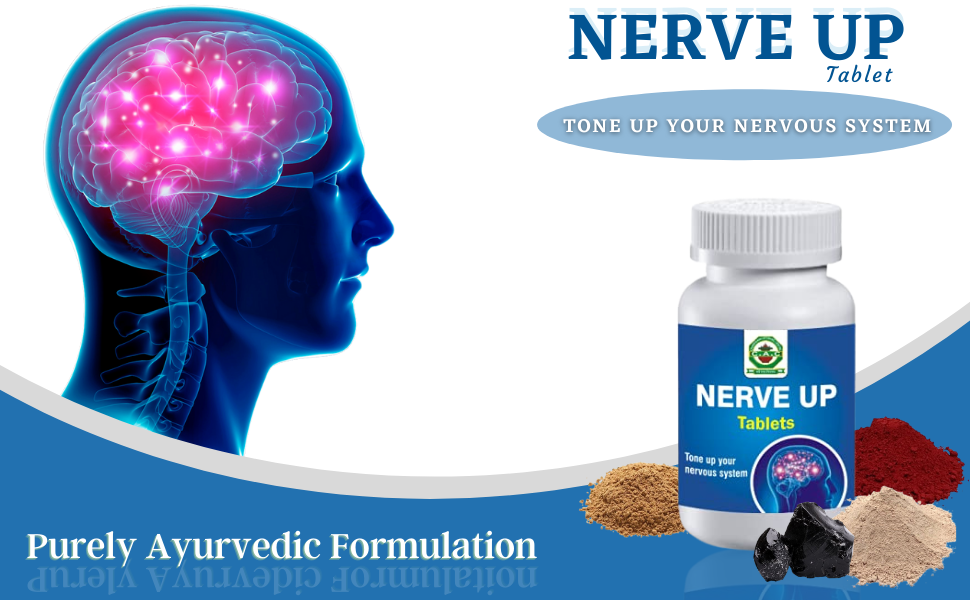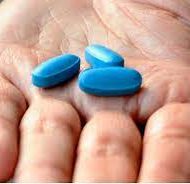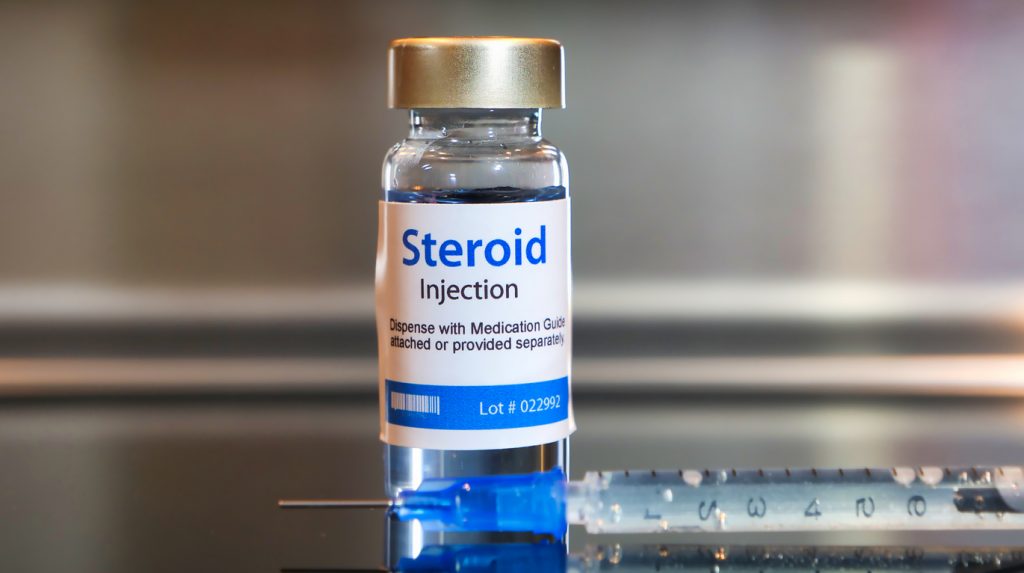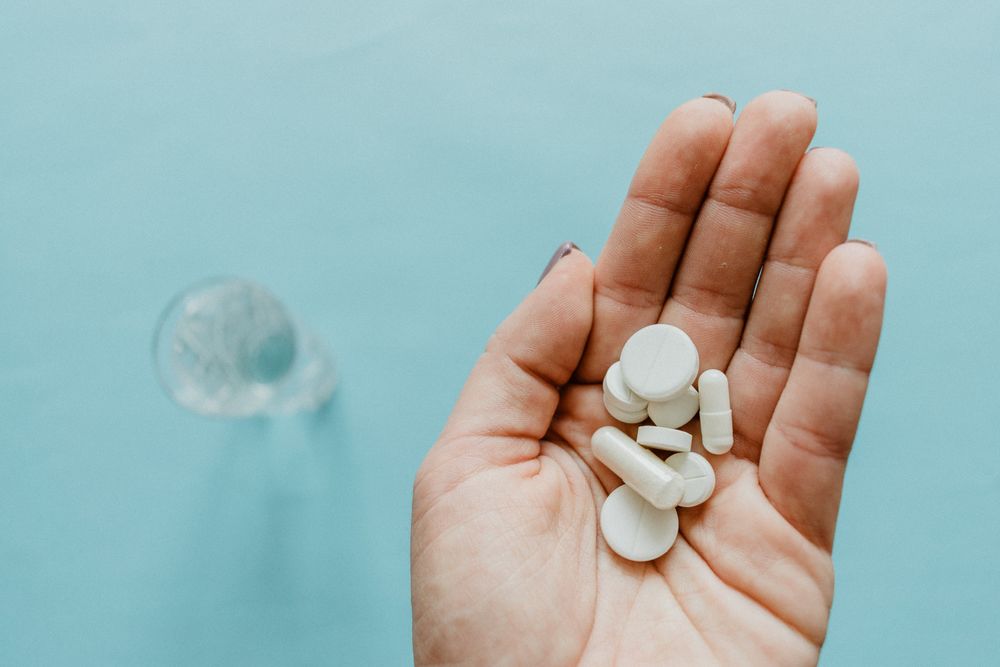Unveiling the Role of Nervous Stimulants: A Closer Look at Nervous-Stimulant Tablets
In our fast-paced world, where demands and pressures can often feel overwhelming, the search for ways to boost energy, focus, and mental clarity is a common pursuit. This pursuit has led to the development of various supplements and medications, including nervous-stimulant tablets. But what exactly are nervous stimulants, and how do these tablets impact our mind and body? In this article, Buy Nervous-Stimulant Tablets we’ll delve into the world of nervous-stimulant tablets, exploring their benefits, considerations, and potential impact on our well-being.
Must Read: The World’s Leading SilkRoad Black Pharmacy: Empowering Access to Medications
Understanding Nervous Stimulants: A Brief Overview
Nervous stimulants, often referred to as stimulants, are substances that enhance activity in the central nervous system. They work by increasing the levels of certain neurotransmitters in the brain, such as dopamine and norepinephrine, which are associated with alertness, attention, Buy Nervous-Stimulant Tablets and overall cognitive function. Nervous stimulants have been used for a range of purposes, from treating medical conditions like attention deficit hyperactivity disorder (ADHD) to improving wakefulness and cognitive performance.
The Rise of Nervous-Stimulant Tablets: Why They Matter
Nervous-stimulant tablets have gained popularity as a convenient and accessible way to boost cognitive function and energy levels. Here are some reasons why they have garnered attention:
- Enhanced Focus and Concentration: Nervous-stimulant tablets are often used to improve focus and concentration, making them appealing to students, professionals, and anyone seeking to optimize their cognitive performance.
- Counteracting Fatigue: In a world where constant multitasking and demanding schedules are the norm, nervous-stimulant tablets can help combat feelings of fatigue and lethargy, allowing individuals to stay alert and productive throughout the day.
- Support for ADHD: Some individuals with ADHD find relief through nervous stimulants, as these medications can help regulate their attention span and impulses, allowing them to better manage their symptoms.
- Cognitive Enhancement: Nervous-stimulant tablets are sometimes used as cognitive enhancers or “smart drugs” by healthy individuals looking to temporarily boost their mental capabilities.
- Shift Work and Sleep Disorders: People who work irregular hours or suffer from sleep disorders may use these tablets to stay awake and alert during their shifts or to manage sleep-related challenges.
Considerations and Precautions
While nervous-stimulant tablets offer potential benefits, it’s important to approach their use with caution and under medical supervision:
- Side Effects: Nervous stimulants can come with side effects such as increased heart rate, elevated blood pressure, Buy Nervous-Stimulant Tablets restlessness, anxiety, and in some cases, addiction or dependence.
- Individual Variability: People react differently to stimulants. What works well for one person may not have the same effect on another, and individual health factors should be taken into account.
- Risk of Misuse: Misusing nervous stimulants can lead to serious health risks. Overdosing or combining them with other substances can have adverse effects on both physical and mental health.
- Consultation with Healthcare Professionals: Before considering nervous-stimulant tablets, it’s crucial to consult with a healthcare professional. They can assess your health, discuss potential benefits and risks, and recommend suitable alternatives if necessary.
- Long-Term Implications: The long-term impact of regular nervous-stimulant tablet use is still a subject of research and debate. It’s important to consider the potential consequences on your overall health and well-being.
Contents
- 1 ADD/ADHD (2)
- 2 Anabolic Steroids (11)
- 3 ANTI ANXIETY (1)
- 4 Anti-Estrogens (1)
- 5 Antibiotics (1)
- 6 Birth Control (1)
- 7 buy Online (5)
- 8 COUGH SYRUP (2)
- 9 DEPRESSANTS AND ANXIETY (14)
- 10 Hallucinogens (5)
- 11 INJECTABLE STEROIDS (1)
- 12 MARIJUANA AND HASHISH (1)
- 13 nervous-stimulants (1)
- 14 OPIOIDS (15)
- 15 Pain Reliever (6)
- 16 Sleep & Insomnia (1)
- 17 STIMULANTS (10)
- 18 WEIGHT LOSS (1)
Look Our Categories:
-
ADD/ADHD (2)
-
Anabolic Steroids (11)
-
ANTI ANXIETY (1)
-
Anti-Estrogens (1)
-
Antibiotics (1)
-
Birth Control (1)
-
buy Online (5)
-
COUGH SYRUP (2)
-
DEPRESSANTS AND ANXIETY (14)
-
Hallucinogens (5)
-
INJECTABLE STEROIDS (1)
-
MARIJUANA AND HASHISH (1)
-
nervous-stimulants (1)
-
OPIOIDS (15)
-
Pain Reliever (6)
-
Sleep & Insomnia (1)
-
STIMULANTS (10)
-
WEIGHT LOSS (1)
Must Read: Buy Magic Mushrooms Psilocybin Online: Navigating the Landscape of Psychedelic Experiences
In Conclusion: A Balanced Approach
Nervous-stimulant tablets can provide a temporary boost in energy and cognitive function, making them attractive to individuals seeking to enhance their performance. However, it’s essential to approach their use with careful consideration and an understanding of the potential risks. Consulting with a healthcare professional is crucial to ensure that any decision regarding the use of nervous-stimulant tablets aligns with your individual health needs and goals. Remember, achieving a balanced lifestyle through proper nutrition, sleep, exercise, and stress management remains the foundation for long-term well-being.
Must Read: The Complex World of Sexual Enhancement Tablets: Understanding Risks and Seeking Healthy Solutions
Must Read: How Adderall Affects the Brains of Those Who Need It and the Brains of Those Who Don’t
Email: [email protected]

































Recent Comments